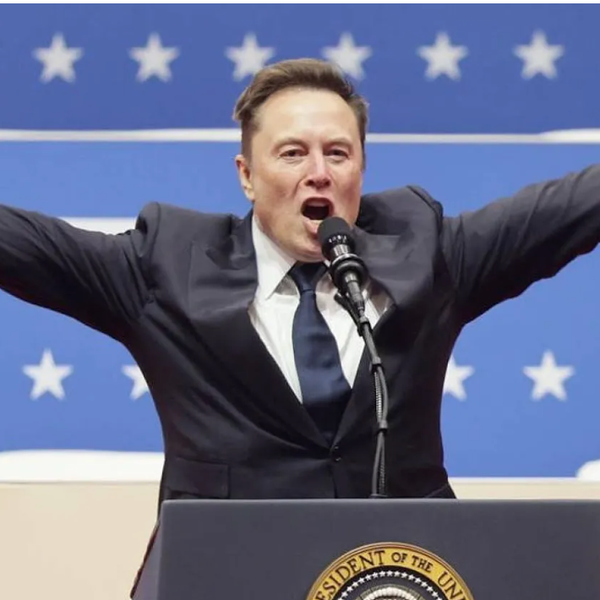
Getting back to polarization: As I previously mentioned, to the extent governing isn’t working well today I very much agree with Sean Theriault that “partisan warfare is the problem” (see also Ed Kilgore). The trouble with Washington isn’t that the parties are each internally cohesive or that Democrats are too liberal or Republicans too conservative. The problem resides in a Republican Party that too often treats hostility to compromise as an end in itself, and that has come to value destroying opponents more than enacting its public policy preferences. (Theriault properly uses Republican senator Ted Cruz of Texas as an example of this mindset.)
So how did Republicans get that way? It basically comes down to two names: Newt and Rush.
Newt Gingrich was an unusually destructive and irresponsible politician. Yet he was so successful at claiming credit for the unexpected 1994 Republican landslide that his tactics — basically blowing up the House of Representatives under the guise of saving it — became a model for future Republicans. (All winning electoral tactics are copied, regardless of whether they were responsible for victory.) Theriault has traced how The Gingrich Senators learned how to disrupt institutions when they were in Newt’s House and brought those dubious skills to the Senate, with predictably destructive consequences.
As it happened, Newt had little to do with the 1994 outcome, and his subsequent efforts, including shutting down the government in a budget battle and impeaching President Bill Clinton, were pretty much disasters. Even so, you can trace a direct line from the party’s current political culture back to Newt. Like Richard Nixon and Joe McCarthy, two other unsavory influences, Newt was never noted for consistent, hardcore conservative views. His specialty was tactics and strategy, not ideology.
The other contemporary influence is Rush Limbaugh, whose major contribution is not so much a particular style of rhetoric, whatever one thinks of it, but the development of the extremely lucrative conservative marketplace.* That market creates perverse incentives for Republicans. For one, conservative consumers are generally more eager to listen to conservative talk shows and spend on books and the like when Democrats are in power. As a result, talk-show hosts, authors and others in the Republican-aligned news media have an incentive for their party to lose. For another, there’s so much money sloshing around that politicians, campaign operatives, governing professionals and other party actors have a viable — and often more lucrative — career path when they lose elections.
There’s nothing unique to conservative thought about the situation. As far as I can tell, it’s mostly a combination of historical accident and contingency (it’s easy to imagine an alternate history in which a more institutionally minded Representative Trent Lott becomes Speaker of the House in 1995 and Newt Gingrich remains an obscure back-bencher). That has produced a group of Republicans who have serious problems functioning as a governing party, even when their leaders are as well suited to their tasks as House Speaker John Boehner and Senate Minority Leader Mitch McConnell.
These tendencies exist in corners of the Democratic Party as well, but they’re far closer to the mainstream of Republicans, and have been for some time now. I strongly disagree with those who argue that the problem stems from Republicans being too conservative. For a party to have strong policy views on the fringes of public opinion may be an electoral problem, but it doesn’t present a governing problem. Even legislators very far from the mainstream can nudge outcomes a bit closer to their preferences as long as they’re willing to cut deals.
So, yes, polarized parties present particular challenges for a system of separated institutions sharing powers. But to the extent that the political system has broken down, the main problem is a broken Republican Party. It does no one any favors — least of all conservatives — to ignore it.
*Disclosure: This links to a story by my brother.
Photo: Gage Skidmore via Flickr








